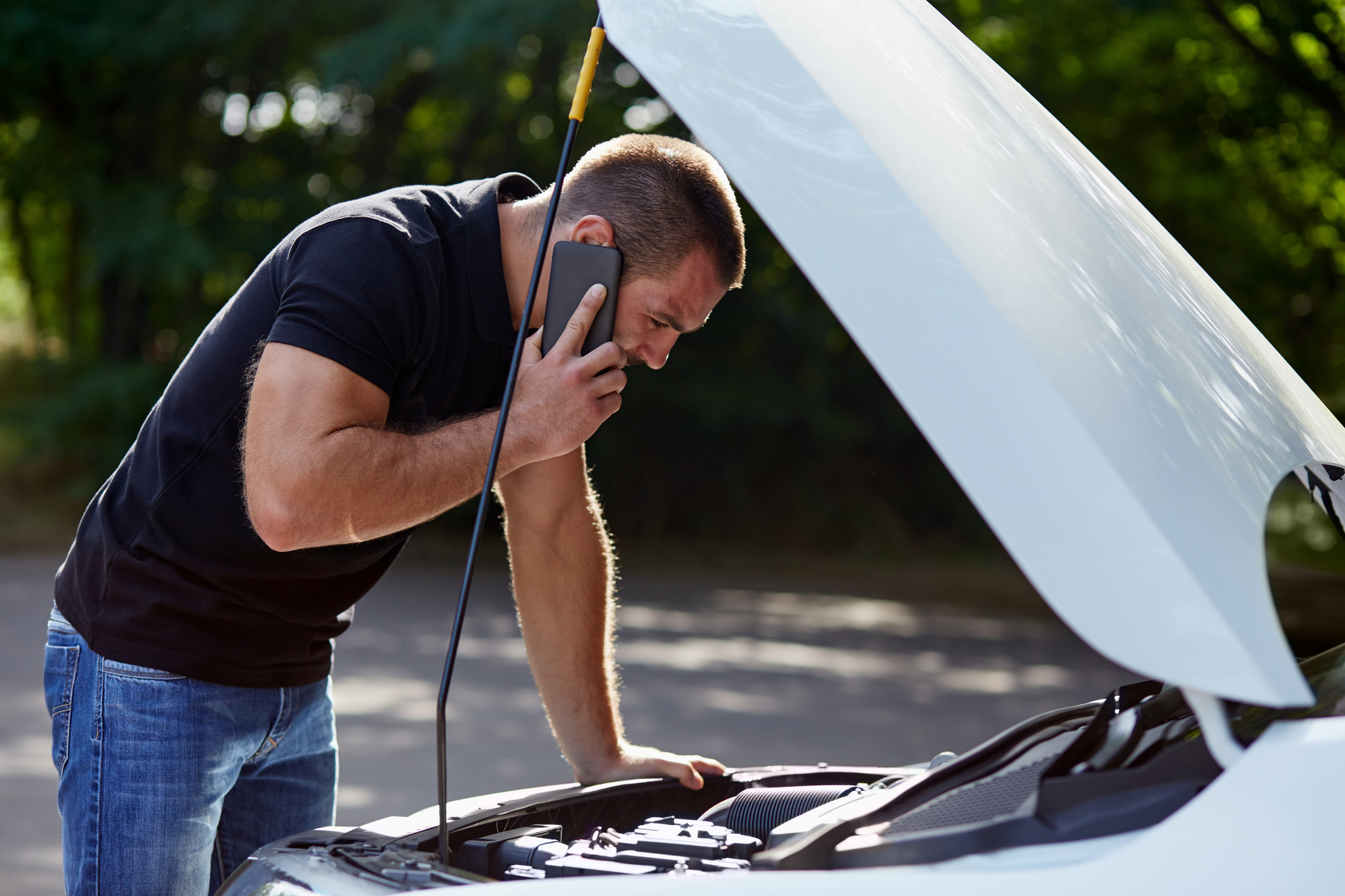Whenever we purchase a new vehicle, or even a used one from a deal, we often hear a laundry list of violations that will cause the warranty to be void. However, there is one particular item on these lists that is actually unenforceable, and that is that auto services, or aftermarket part installations, will cause a void warranty. No matter what any manufacturer or dealer tells you, auto work done on a vehicle from a third party will not void a warranty. There are several reasons for this. Here is some more information about this scenario…
Magnuson Moss Warranty Act
The main reason that auto repairs or add-ons cannot void a warranty is because of a law called the Magnuson Moss Warranty Act. Since July 4th, 1975, when the law went into effect, the Magnuson Moss Warranty Act enacted several regulations that would require warranties to be very specifically stated, as well as specific actions that could not void a warranty. While the act doesn’t require any specific warranty to exist, it does state that if one does exist, it must be in compliance with the rules of the act. This law protects consumers from manufacturers creating warranties with tie-in sales provisions, or modified warranty agreements. It has a specific amendment for automobiles, which states that third party repairs or aftermarket parts do not void a warranty.
It is illegal to deny a warranty for repairs!
Because of the Magnuson Moss Warranty Act, it is illegal for a manufacturer to disclaim a warranty because of third party repairs or aftermarket parts being installed on a consumer vehicle. If a manufacturer does this, they open themselves up to the possibility of consumer lawsuits, which can be costly and are brought to state court. However, most companies will opt to take a less costly, informal approach to these issues. These processes are called dispute resolution mechanisms.
A warranty is only void if an aftermarket part causes an emission problem
There is one type of aftermarket auto work scenario that can void a warranty. This scenario happens when an aftermarket part is installed on the vehicle and it is not in compliance with emissions regulations, which would put the vehicle in conflict with the Clean Air Act. This case will cause the warranty to be void, at least until this part is replaced by the consumer.







